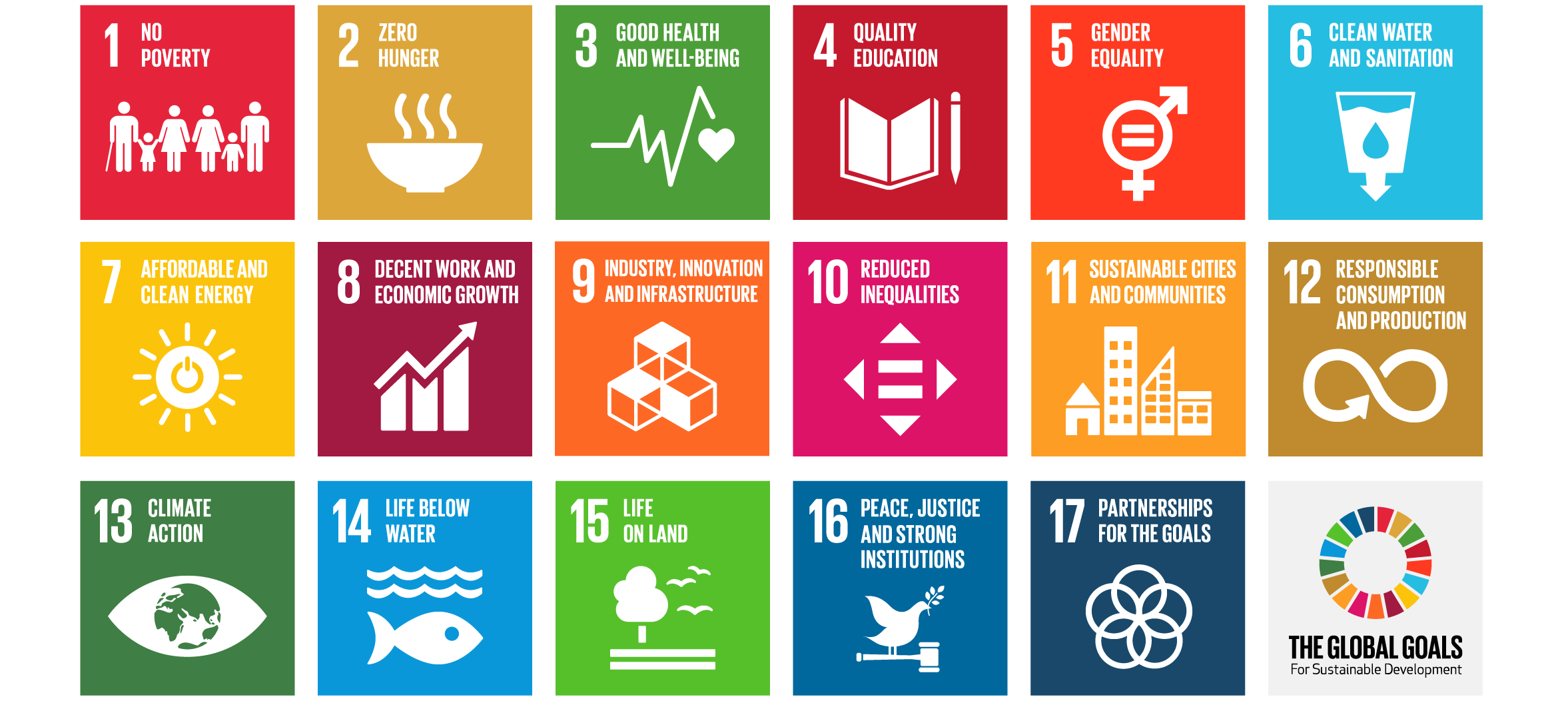Stakeholder Relations
We believe that one of the key indicators of the management quality of companies is the ability to demonstrate a participatory management approach. With this perspective, we establish communication based on transparency, accountability, and lasting and mutual trust with all our internal and external stakeholders.
We facilitate the involvement of all our employees in management and create communication channels to increase the mutual exchange of information. We communicate with our employees continuously, periodically, or instantly through many communication channels. These communication channels include an integrated corporate intranet, internal surveys, e-mail and e-bulletins, corporate TV, posters and banners, reputation and satisfaction surveys, training practices, performance management system, interviews, working groups and committees, and complaint and suggestion systems. Employees of the contractor company also have access to many communication channels, particularly the complaint and suggestion systems.
We aim to strengthen our communication with all our stakeholders. We use various channels to create a participatory, timely, transparent, and two-way communication environment with our external stakeholders and employees. Many of the management systems we follow are shaped by stakeholder communication methods.
Furthermore, among our stakeholders with whom we frequently communicate are our customers, shareholders and investors, public institutions and local governments, trade unions, suppliers and contractors, professional organizations and non-governmental organizations, financial institutions, educational institutions, media organizations, and local people.
The United Nations Sustainable Development Goals (SDGs) include 17 goals that call for urgent action by all developed and developing countries globally. These goals are closely linked and intended to address the world's significant issues.
The SDGs help end poverty, protect oceans and forests, fight climate change and guide all of us in the environmental, social, and economic spheres, such as reducing inequality and promoting economic growth.
We all have a responsibility to implement the SDGs, not just governments. We advocate that the SDGs be understood and implemented as a priority for collective action by businesses, non-governmental organizations, and humankind.







